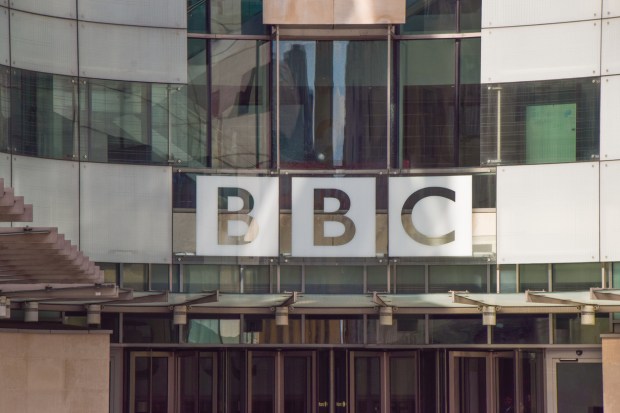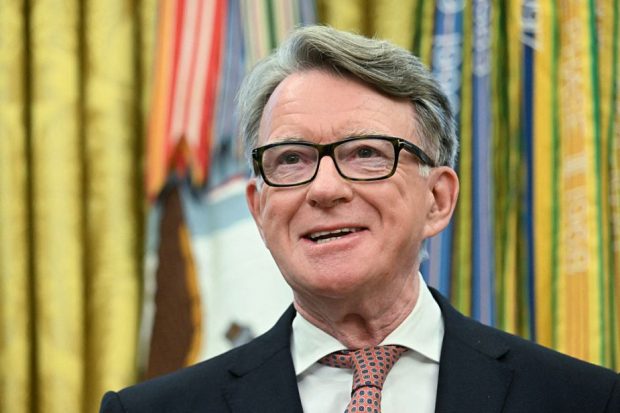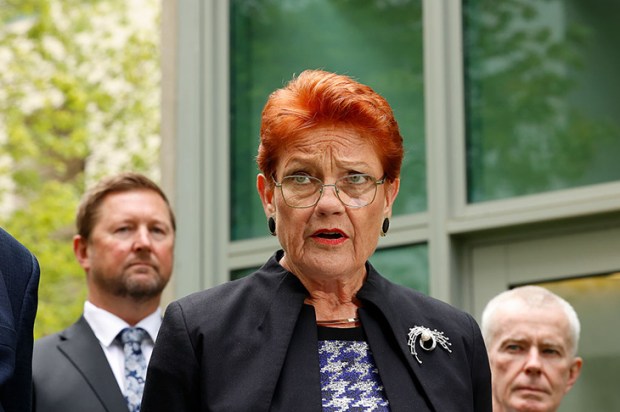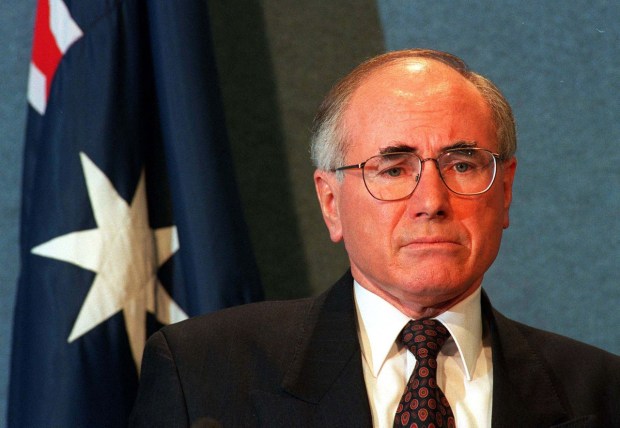This is an article about some difficult, complex subjects: suicide, mental health, support for transgender children. It’s also about something very simple: a horrible failure of journalism by the BBC.
I’ll come to the BBC in due course, but given that this is about the potential for self-harm among young people, I think it’s important to take some time to offer some context and background facts.
The first thing to do is to note the longstanding advice to the media from the Samaritans on how to report responsibly on the issue of suicide, in order to avoid the risk of adversely influencing the behaviour of vulnerable people.
‘Steer clear of presenting suicidal behaviour as an understandable response to a crisis or adversity. This can contribute to unhelpful and risky normalising of suicide as an appropriate response to distress.’
And:
‘Speculation about the ‘trigger’ or cause of a suicide can oversimplify the issue and should be avoided. Suicide is extremely complex and most of the time there is no single event or factor that leads someone to take their own life.’
Next, I think readers should consider a statement made in 2018 by the Gender Identity Development Service at the Tavistock and Portman NHS trust, the UK’s main centre of treatment for gender-variant children:
‘Suicidality in young people attending the GIDS is similar to that of young people referred to child and adolescent mental health services. It is not helpful to suggest that suicidality is an inevitable part of this condition.’
A third data point comes from a High Court judgement made earlier this month. It concerned the Tavistock clinic’s use of puberty-blocking medication on children who experience trouble over their gender. The Tavistock lost the case, as the judges decided children could not give informed consent to such treatment, the use of which has now been halted by NHS England.
During the case, the Tavistock submitted to the court an interim paper arising from its study of children who received ‘early pubertal suppression’. According to the court judgment, the Tavistock paper found that ‘there was no overall improvement in mood or psychological wellbeing using standardised psychological measures.’
In summary, the country’s leading suicide prevention charity tells journalists not to ‘normalise’ suicide, especially among young people, by presenting it as an understandable or inevitable response to crisis. The country’s leading medical authority on transgender young people says they are not at unusual risk of suicide, and called suggestions to the contrary unhelpful. The same clinic’s evidence shows that the use of puberty blocking medication does not improve the mental health of trans children.
Now that I’ve loaded you down with that context, dear reader, consider how the BBC this week reported on that court ruling and its implications for children with gender issues.
I very much recommend reading the piece in full, bearing in mind the facts above. But here are some especially interesting extracts from the article, headlined ‘Puberty blockers: Parents’ warning as ruling appealed’. The third paragraph of the story says this:
‘Doctors and parents have told the BBC the ruling could cause distressed trans teens to self-harm or even take their own lives.’
Doctors, eh? That’s quite a thing to report. If ‘doctors’ are indeed saying that a court ruling could ’cause’ children to commit suicide, that’s surely something that should be reported, in the public interest. So who are these doctors?
Well, first the BBC offers us ‘a clinician who currently works within the NHS GIDS’ and does not wish to be named: She is reported as saying ‘I know of several young people who have tried to take their lives, some successfully, and that was before these legal challenges which will only slow down and block our services even more.’
That’s suggestive, but still falls some way short of asserting that the ruling ‘could cause’ children to kill themselves. But the next quote the BBC offers is a little more definitive. It comes from Dr Adrian Harrop. He’s cited as saying this:
‘It makes me terribly worried that there is now nothing there for those children, and nothing that can be done to help them. Parents are being left at a point where they’re having to struggle to cope with these children who are in a real state of distress and anxiety. Sadly, there is a very real risk of seeing more suicides.’
Dr Harrop is a GP in Liverpool. He has a record of expressing strong opinions on transgender issues via social media. What he does not have is a history of publishing peer-reviewed medical research on mental health and self-harm among trans children. Nor has he worked as a clinician at a clinic such as GIDS. Yet the BBC deems his speculation about child suicide more worthy of reporting than the views of experts such as Polly Carmichael, head of the GIDS and a world-recognised authority in the care of trans children.
She is on the record, in a speech to a medical conference on gender in October 2017 as challenging those who seek to create a narrative that trans children are uniquely at risk of suicide and self harm. (Sample quote: ‘I also question the discourse that is being created around young people experiencing gender diversity, that it is unbearable, intolerable. This is quite unhelpful. While recognising distress, we need not to be buying into a narrative that is so imbued with negativity and lack of resilience and remember that many of the young people here are coping quite well.’)
Still, the BBC report doesn’t stop there. It also breathlessly reports a letter ‘seen exclusively by the BBC’ to NHS England from GenderGP, which the BBC calls ‘one of the only private healthcare providers for transgender people in the UK’.
That letter laments the court ruling and, the BBC reports, concludes: ‘The mental health implications of this cannot be underestimated, and the risk of self-harm and suicide must be acknowledged.’
What the BBC does not report about GenderGP is that it is based outside the UK, since the two doctors who founded it were both suspended by the General Medical Council for breaking UK medical rules.
Here, I offer another summary: the BBC reported that ‘doctors’ say a court ruling halting the use of puberty blockers could ’cause’ children to commit suicide, on the basis of unevidenced assertions from a non-specialist medic and disgraced doctors who make money selling such drugs. It did so without reporting the views of actual experts that such narratives about suicide are misleading and potentially harmful.
There are several other things I could say about that BBC report, but I’m not going to say them here. Instead, I’ll end this article with another quote from that Samaritans guidance, which should be considered vital context for that awful, awful article from the BBC about vulnerable children:
‘….there is strong and consistent research evidence that some forms of news reporting lead to increases in suicide rates. Media coverage can influence how people behave in a crisis and their beliefs about the options open to them….
‘Young people are a particularly vulnerable audience in relation to media coverage of suicide. They are more susceptible to imitational suicidal behaviour and more likely to be influenced by the media than other age groups.’
——-
Since this piece was published, the BBC has amended its article to make it slightly less awful. The article now ends with this message:
‘Clarification and update 23 December: We have made some changes to this article which include amending its opening line to make clear that the NHS gender identity service has not appealed against the High Court ruling but is seeking leave to do so. We have also added a paragraph which provides further background information on GenderGP and included links to the BBC Action Line.’
What that message does not mention is that the changes also include removing the central assertion of the original piece. The original text said this:
‘Doctors and parents have told the BBC the ruling could cause distressed trans teens to self-harm or even take their own lives.’
Now it says this:
‘Doctors and parents have told the BBC the ruling could put already vulnerable trans teens at risk.’
In other words, the BBC reported yesterday that a court ruling could cause young people to commit suicide. Today it no longer says that. Such a correction is welcome, of course, but I can’t help thinking that such a fundamental change in the premise of the article warrants at least a clear public acknowledgment, if not outright deletion.
<//>




















